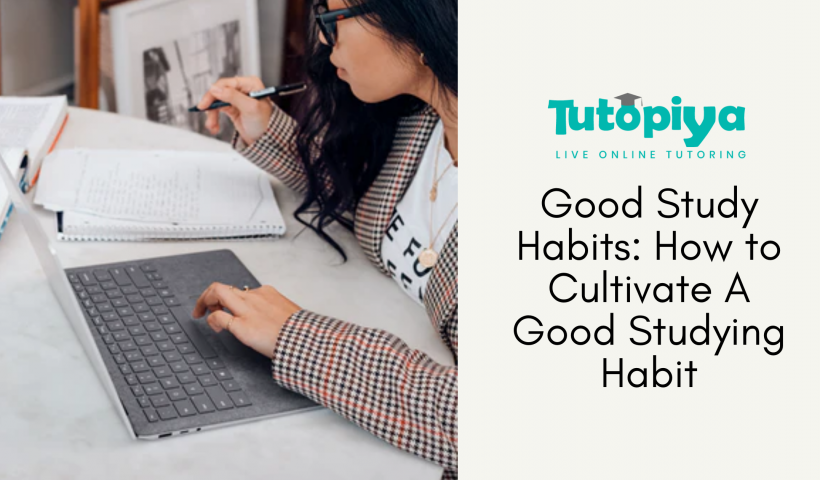The International General Certificate of Secondary Education (IGCSE) is a globally recognized qualification that assesses students’ understanding of various subjects at the secondary level. For…
View More How to Ace Your IGCSE Exam in 3 Months: A Comprehensive Guide to Score A*Tag: study guide
How to Cultivate A Good Studying Habit
Ever wonder how to study effectively by cultivating good study habits? As students, it is normal to find ourselves procrastinating and slacking off every now…
View More How to Cultivate A Good Studying Habit



